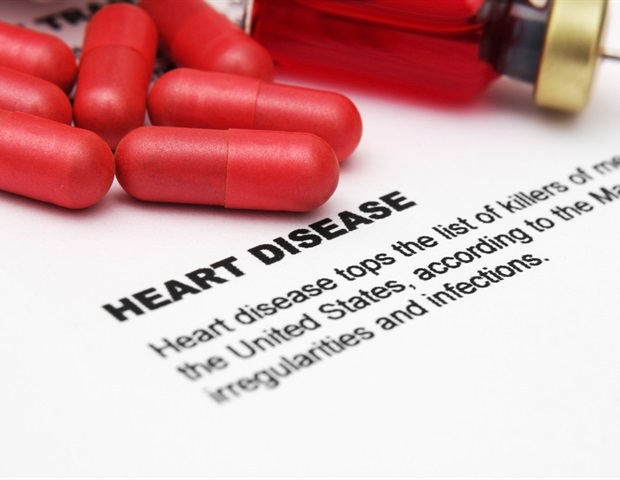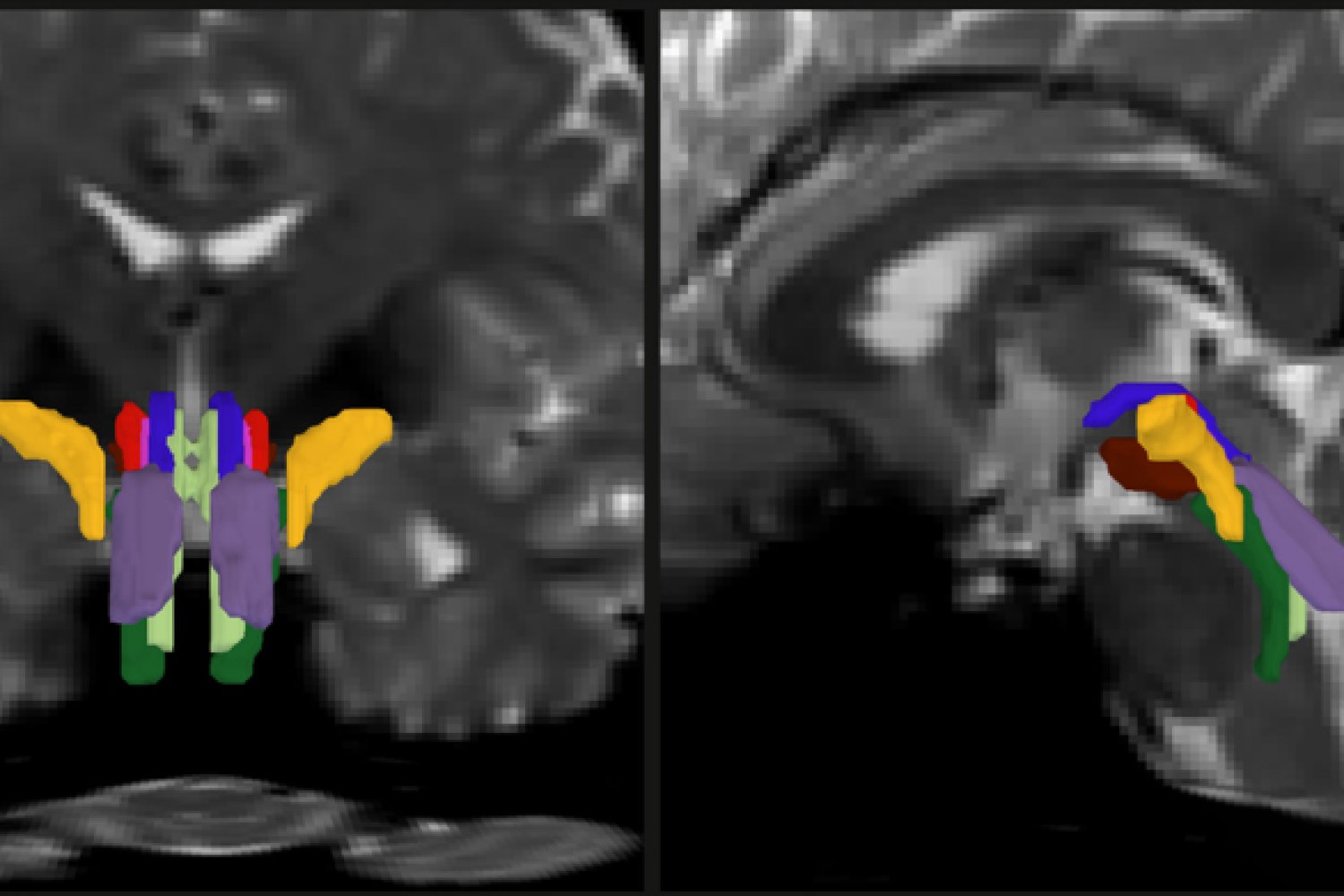
Women experiencing premenstrual symptoms face a slightly elevated risk of developing cardiovascular disease later in life, according to a new study by Karolinska Institutet, published in Nature Cardiovascular Research. The research highlights a significant health concern for women globally, emphasizing the need for heightened awareness and preventive measures.
Premenstrual symptoms, encompassing premenstrual syndrome (PMS) and the more severe premenstrual dysphoric disorder (PMDD), manifest as both psychological and physical symptoms appearing shortly before menstruation. These symptoms then typically subside as menstruation begins. The study tracked over 99,000 women with these symptoms for up to 22 years, comparing their health outcomes with those of women without such symptoms, including comparisons with their sisters to account for genetic and environmental factors.
Key Findings of the Study
The research findings indicate that women with premenstrual symptoms have about a ten percent higher risk of developing cardiovascular disease. More specifically, the study found a particularly strong association with heart rhythm disorders, or arrhythmias, where the risk increased by 31 percent, and stroke caused by blood clots, where the risk rose by 27 percent. These associations persisted even after adjusting for other risk factors such as smoking, body mass index (BMI), and mental health conditions.
“The increased risk was particularly clear in women who were diagnosed before the age of 25 and in those who had also experienced postnatal depression, a condition that can also be caused by hormonal fluctuations,” said Yihui Yang, PhD student at the Institute of Environmental Medicine at Karolinska Institutet and first author of the study.
Possible Explanations for the Link
While the exact cause of this link remains unidentified, the researchers propose several hypotheses. One possibility is that women with premenstrual symptoms may experience a disrupted regulation of the renin-angiotensin-aldosterone system (RAAS), which is crucial for controlling blood pressure and fluid balance. Another theory suggests increased levels of inflammation in these women, a known risk factor for atherosclerosis and other cardiovascular issues. Lastly, metabolic abnormalities, which are associated with higher risks of stroke and heart attack, might also play a role.
“We hope that our findings will contribute to greater awareness that premenstrual disorders not only affect daily life but can also have consequences for long-term health,” stated Donghao Lu, associate professor at the same department and last author of the study.
Implications and Future Directions
The study’s findings underscore the importance of recognizing premenstrual symptoms as more than just a temporary inconvenience. They highlight the potential long-term health implications, urging healthcare providers to consider these symptoms when assessing cardiovascular risk in women. This development follows a growing body of research that links hormonal health to broader physiological outcomes.
Experts suggest that further research is essential to understand the underlying mechanisms driving this association. Such studies could pave the way for targeted interventions aimed at mitigating the cardiovascular risks associated with premenstrual symptoms.
Meanwhile, healthcare professionals are encouraged to discuss these findings with patients, particularly those with severe premenstrual symptoms or a history of postnatal depression. By doing so, they can better tailor preventive strategies and improve overall cardiovascular health outcomes for women.
As research continues to unravel the complexities of premenstrual symptoms and their broader health impacts, it remains crucial for both the medical community and the public to remain informed and proactive in addressing these risks.







